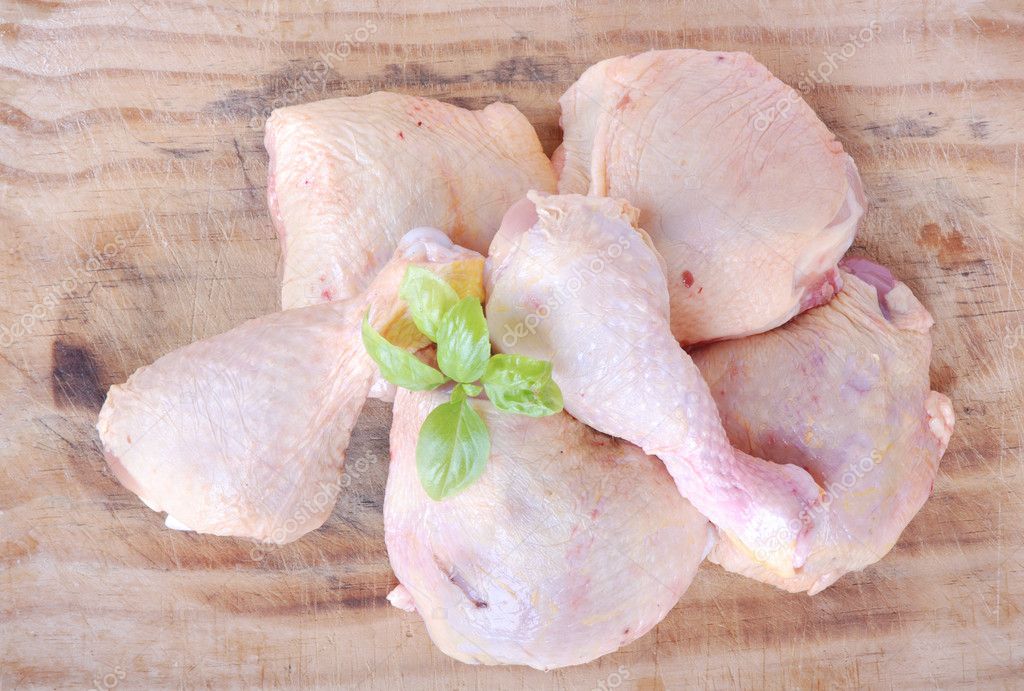Consumers to benefit from the separation of import portions by country of origin
Local chicken farmers celebrate the banishing of mixing portions of chicken in the same bag from different countries.

Banele Ginindza | IOL
Local poultry producers are celebrating the banishing of the mixing of chicken portions in the same bag from different countries, or sources of origin, which will ensure that chicken imports will now be traceable in the event of the breakout of diseases.
Speaking to Business Report yesterday, Fairplay Founder and chief executive Francois Baird said the banishment, part of the South African Poultry Masterplan, was a breakthrough for consumers and industry as importers tended to source from different countries, including Germany, Ireland, Poland, Denmark, the Netherlands and Brazil and then packaged in the same bags as availability allowed.
“If you get sick from eating that chicken where do you go? The thing now is that it has to be policed. If regulators ignore that there we are back to the same place we have always been,” Baird said.
Fairplay, which seeks to level the playing field between importers and South African producers, said the development meant as well that appropriate tariffs could be applied on imports as there was a differential in the import duties applied to Germany at 73.3 percent, the Netherlands 22.1 percent and the UK at 30.09 percent.
The snag is that the tariffs are applied only once the imports have already landed in the country.
“The new anti-dumpling application will highlight the problems local producers face. Profits for importers are very high, they import a kilo of portions of R14 and sell it at R75, they can afford to overlook the regulations because of that R61 margin,” Baird said.
According to local industry, the Poultry Masterplan was already bringing in some relief to the industry even though local producer prices remained stagnant while importers reaped supernormal profits.
Baird said “Covid inflation” was the driving force behind escalating prices which were not benefiting local production.
“The poultry Masterplan is about growing the local industry and levelling the playing field. Skewed imports were the reason steak was more expensive than locally produced chicken in Ghana, we do not want that in South Africa," he said.
Industry players have said the poultry industry had demonstrated its ongoing commitment to the tenets of the Industry Master Plan by: investing more than 80 percent of its commitment to enable market access for black producers, assisted new black farmers in building 79 brand new, state-of-the-art poultry houses in less than 24 months and providing assistance to 21 independent farms.
News Category
- International retailers
- On the move
- Awards and achievements
- Legislation
- Wine and liquor
- Africa
- Going green
- Supplier news
- Research tools
- Retailer trading results
- Supply chain
- Innovation and technology
- Economic factors
- Crime and security
- Store Openings
- Marketing and Promotions
- Social Responsibility
- Brand Press Office
Related Articles

NHI: Business gears up for possible legal battl...

Electricity Regulation Bill will open competiti...

New Minimum Wage Set to Take Effect on March 1s...

Spar director fined R1 million after refusing n...


